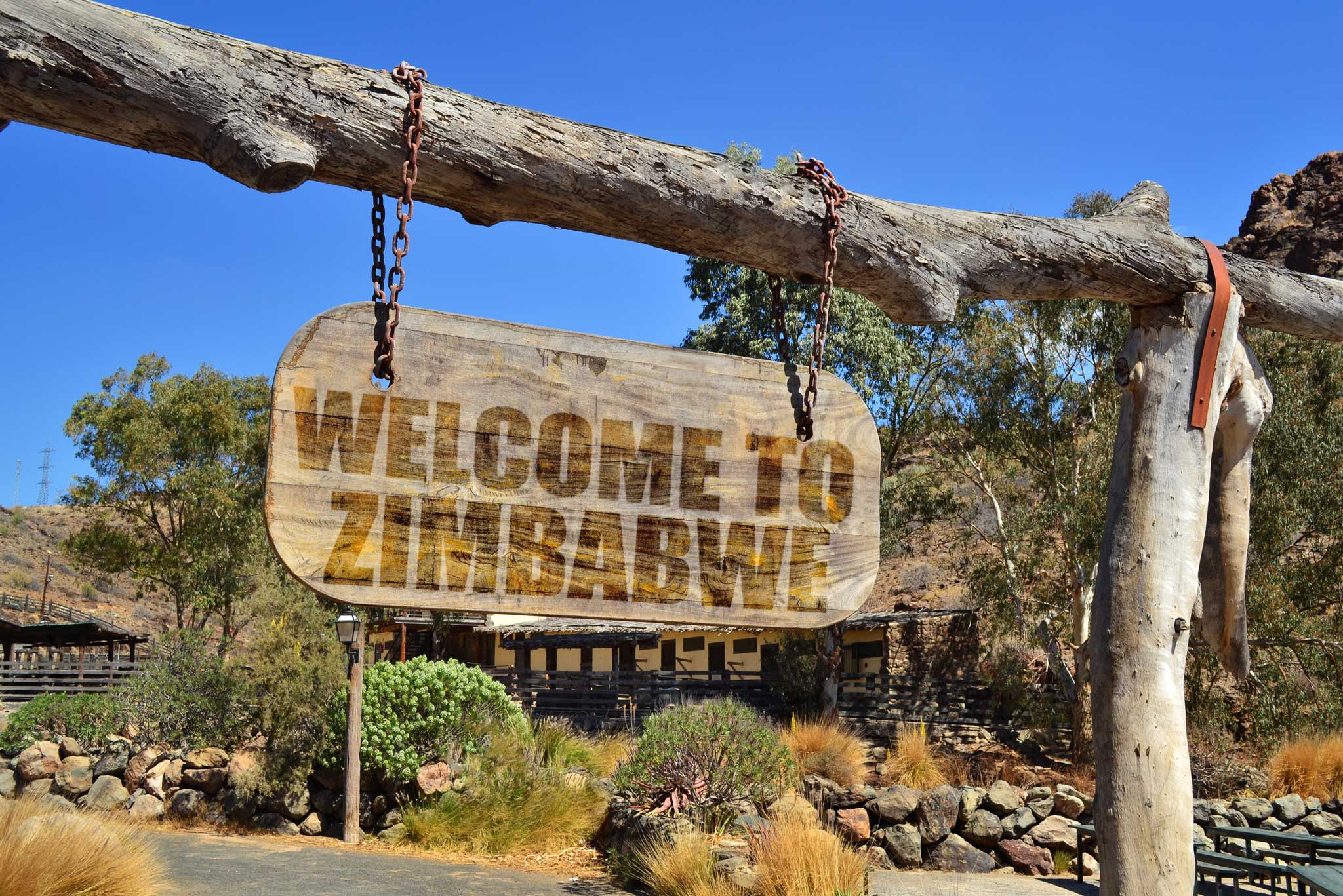Govt streamlines taxes on tourism
ENVIRONMENT, Tourism, and Hospitality Industry Minister Mangaliso Ndlovu says his ministry has facilitated streamlining of some taxes levied on the industry players as the Government moved to ensure a competitive domestic tourism industry in the region and globally.
This follows deep concerns by tourism sector stakeholders that have continuously cited numerous taxation on the sector operations.
The taxes have weighed heavily on Zimbabwe’s tourism industry, whose pricing has become exorbitant for domestic tourists and higher compared to the regional average.
This, according to commentators, caused Zimbabwe to be uncompetitive, causing vacationers to avoid its tourism offerings and opting for other cheaper regional destinations.
Some of the taxes levied on the hospitality industry operators include the tourism business license fee, national parks and wildlife fee, ministry of transport fee, travel agent permit fee, external tour operators’ permit fee, car hire permit fee, houseboat permit fee.
Operators are also obliged to remit performance rights fee under the Copyright Act, to the Zimbabwe Music Rights Association (ZIMURA), as well as television licenses fee for every room.
Some of the laws that require payment from operators include the Tourism Act, tourism policy, Liquor Act, Environmental Management Act and the Indigenisation and Economic Empowerment Act.
While addressing delegates at the Hospitality industry congress in Harare yesterday Minister Ndlovu said the high cost of tourism services in the country was detrimental to the growth of the local tourism sector. He added that his ministry was pushing for a consolidated taxation system that would enhance the competitiveness of the struggling
local tourism sector.
“The issue of higher cost of doing business in Zimbabwe, is highly prohibitive, we do have a committee which is looking at these issues, we have streamlined taxes that the sector is facing, our desire first is to have these (taxes) consolidated under one taxation system so that we do not have to go through all those doors to pay taxes but certainly to make sure that these are significantly cut down, I think this will go a long way in making sure that we
are competitive in the region especially but also globally,” said Minister Ndlovu.
The Minister went on to highlight initiatives being undertaken by the Government to enhance the growth and visibility of the local tourism sector on a global scale.
He said, “I urge industry players to continue to work hard as we walk our journey towards a $5 billion tourism economy by 2025. The ministry remains a willing and strong partner in this journey and will continue to advocate strongly for sector-specific incentives and support mechanisms to support investments by the private sector.”
Economist John Robertson implored the Government to reconsider its national tax regime on the sector as the strenuous tax burden was translating to high cost of tourism facilities to vacationers, thus an expensive tourism destination burden being transferred to vacationers hence
Mr Robertson highlighted that pricing of some local hotels was equivalent to some top hotels in the world which was not a positive development for the growth of the local hospitality industry.
“A hotel room in Harare may cost you the same amount as a hotel room in New York, London, Washington or Paris, this is wrong we should not be having fees that are so heavy that it makes us uncompetitive as a country as we try to attract tourists.
“May I urge your ministry to support all the efforts being made to reduce the tax burden on the hospitality industry, there is a great deal of taxation applied to the members of this industry and I believe that these should be amended, now we did see a slight reduction in the VAT charge to tourist earlier this year, which said if you are a foreigner you do not to pay VAT on certain other bills,” said Mr Robertson.
Codenamed “reimagining and navigating the tourism and hospitality recovery journey” the hospitality congress came at a time when the global travel and tourism sector has been hard hit by the novel coronavirus which has forced most of the industries down to their knees.
Globally, international tourist arrivals dropped by 65 percent from January to May this year.
Arrivals into Africa during the same period fell by 81 percent compared to last year while arrivals into Zimbabwe during the first half of 2021 decreased by 72 percent-The Herald









